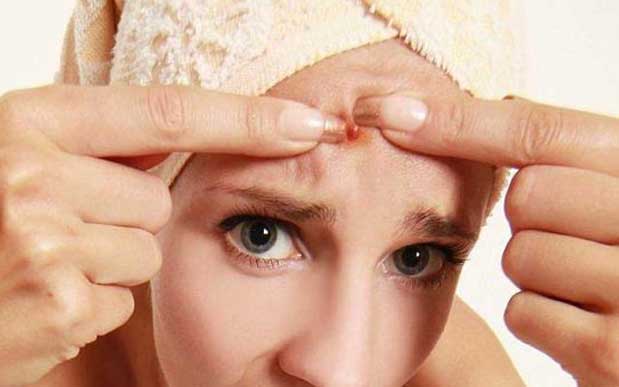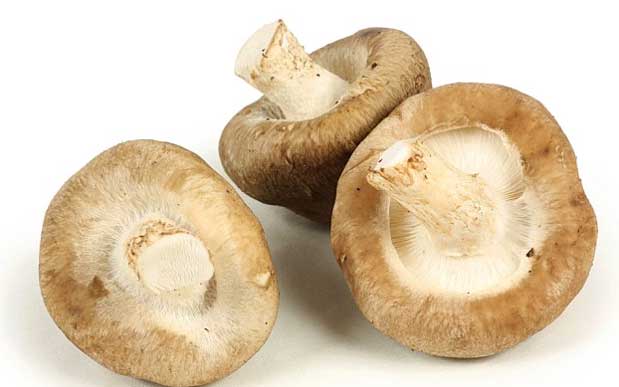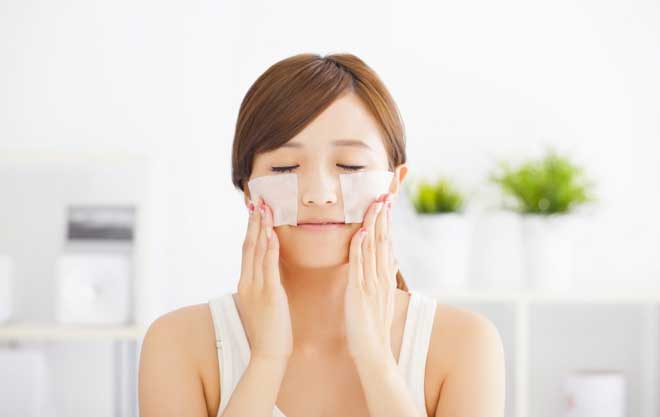
Acne sufferers likely to live longer than people with flawless skin
Nobody wants to have skin dotted with acne, but findings of a new study suggest there could be some advantages to having spotty skin. Researchers have found that teens who suffer from acne are likely to live longer compared with their peers who appear to have flawless skin.
Researchers of the study published in the Journal of Investigative Dermatology found that the cells of people who suffer from acne are less vulnerable to aging, which makes it likely that they will live longer and even look better than their peers later in life.
Simone Ribero, from King′s College London, said that dermatologists have long identified that the skin of those with acne problems appears to age more slowly compared with those who have not suffered from acne in their lifetime.
Experts have also noted that the signs of aging, such as the thinning of the skin and wrinkles, tend to appear much later among acne sufferers. Now, the new study, which involved 1,205 female twins, a quarter of whom had acne, revealed the reason why.
For their research, Ribero and colleagues analyzed the participants′ white blood cells and found that those who suffered from acne tend to have longer telomeres.
Telomeres are caps at the end of each strand of the DNA that protect the chromosomes from deterioration. Telomeres are an essential part of the human cell that affects aging. They become shorter with age. People who have long telomeres tend to age more slowly compared with those who have short ones.
Scientists are in fact conducting studies on extending the length of telomeres, which could potentially lead to treatments for age-related and even genetic health conditions.
The new research shows that acne sufferers may live longer because they tend to have longer telomeres. Earlier studies also found that women who have more children tend to have longer telomeres than mothers who have fewer kids.
"The cause could be linked to the length of telomeres which appears to be different in acne sufferers and means their cells may be protected against aging," Ribero said.
Researchers also found that one of the genes involved in the length of telomeres was associated with acne. Skin samples taken from the twins also revealed a gene pathway known as P53, which plays a role in apoptosis, a form of cell suicide.
Telomeres that have become too short set off a chain of activities that lead to apoptosis. Researchers found the P53 pathway is less active among acne sufferers, albeit this is still being investigated.
About 17 million people in the United States have acne. Almost 85 percent of individuals between 18 and 24 years old develop acne.
Related News

Just ten minutes of play a day can help children reduce their risk of developing heart disease and diabetes later in life

This is how many calories your tea and coffee habit is adding to your diet EVERY DAY

Mushrooms could prevent risk of Dementia, scientists say

The Beauty Benefits of Exercise

Pasta eaters may have better diet quality: study

Natural and healthy effects of Aloe Vera!

The best skin care quickies men with oily skin can get

5 Common Mistakes that May Ruin Your Skin
Most Read
★Top 3 Core Exercises While Pregnant
★Grean tea could help get rid of acne
★Eating Carbs and Fats Before a Workout? Read This
★Breathe Right to Live a Healthier and Better Life
★9 Simple Yoga Asanas & Tips for Weight Loss
★Does ginger gene offer key to younger looking skin?
★5 Reasons Cheese is Actually Good For Your Health
★Recycling temple waste along the Ganges with Help Us Green
★Red Heart Tea Recipe
★Guinness World Record for bearded woman Harnaam Kaur
★Wash Your Face with Oil
★Numerous health benefits of bitter melon (uses , side effects)
★How to Set Weight-Loss Goals You Can Actually Achieve
★5 DIY masks for your various hair concerns
★Top 10 Homemade Fruit Packs for Glowing Skin
★5 Dairy-Free Cheese Options Worth Trying
★Face Open Pores
★Flex Your Memory Muscle
★The amazing and healthy benefits of meditation!
★Man has lived with giant neck for 13 years after going to doctors for help
★The tangy taste of Banaras
★How To Achieve The Perfect Nail Shape
★6 Best Oils for a Naturally Clear and Glowing Skin
★The Brilliant Food Combo That Helps You Burn More Fat
★Dandelion Benefits Biodiversity, Soil and Your Health
★Dairy and vitamin D supplements protect against bone loss
★Hair removal injuries rocketed NINE-FOLD since 1991
★This Yoga Flow Will Instantly Boost Your Mood
★Why You Need to Start Combining Avocados and Peaches
★Daylight Savings Time: That miserable time of year when many mourn loss of one-hour sleep
★How your make-up bag could wreck your health
★WHO says strawberries may not be so safe for you
★Legumes, nuts and kale can help you get big muscles
★Yoga Heals More than Just Your Body
★Cancer risk of breast implants 10 times higher than first feared
★5 Yoga Poses that Can Give You a Glowing Skin
★Best foods for healthy skin
★Using Kalonji Seeds for Weight Loss
★Heres why you should go sulphate-free with your hair care
★Plum goodness for your hair!
★Skinny jeans and big fluffy hoods contribute to back pain
★Learn How To Do Pearl Facial At Home To Get Naturally Glowing Skin Instantly
★12 Benefits of Hair Spa Treatment
★Making handloom accessible
★10 Healthy Twists on Classic Diner Dishes
★Why and how exercises reduce the risk of CANCER?
★Scientists found effective dandruff treatment
★How to Do Face Cleansing at Home?
★10 Benefits Of Climbing Stairs ? An Underdog In The World Of Fitness
★9 Food Habits To Keep Eating To Lose Weight
